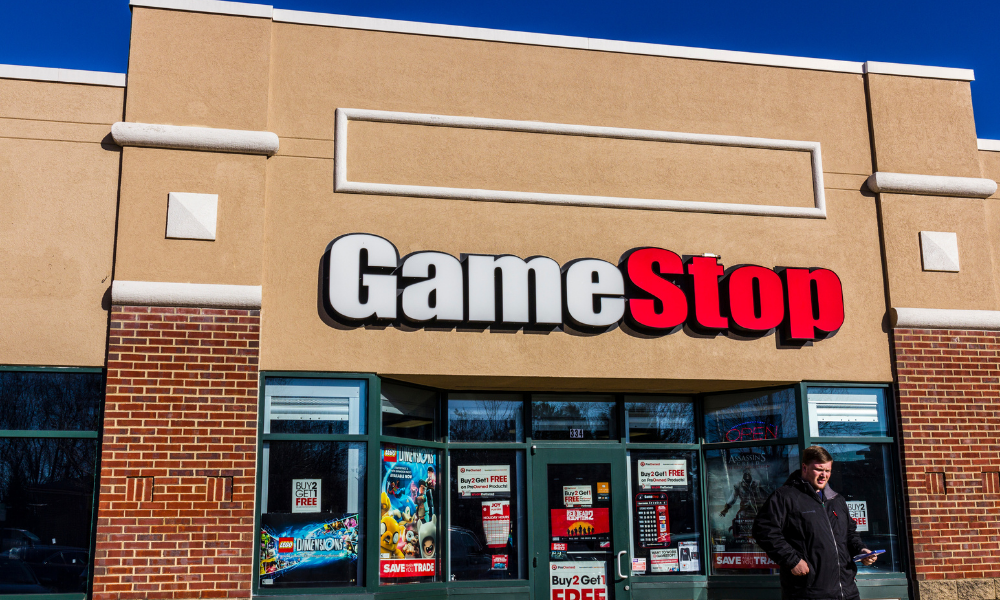Investment strategist says saga is a great way to show how following the herd rarely pays off

As everyone – observers and investors – pick the bones out of the GameStop run-up and its aftermath, one industry insider believes the saga has presented advisors with an open net to educate clients.
Many investors thought they should have been part of the story, worried that they are missing out on some eye-catching upside. But from its record intraday high of US$483, GameStop plummeted 84%. At 11:47am on Friday, the video game retailer was around $64.
The wild swings were the result of a battle between Reddit-empowered retail traders and Wall Street short-sellers, but how many of those who joined the party understood the market? And how many understood the dangers of a short squeeze?
Steve Rogers, Investment Strategist at IG Wealth Management, wrote a paper explaining how time in the market, not timing the market, is what ultimately builds wealth. While that delved into the folly of impulsive selling, the Gamestop episode highlighted the problems of impulsive selling, or FOMO as many are calling it.
He said it’s fairly easy for an advisor to reach out to a client to demonstrate how following the herd – and risk buying at the top - rarely pays off.
He said: “If you're reacting to things that are coming to your attention through friends and social media, rather than a disciplined, fundamental approach to investing, you probably don't really understand the risk.
“A lot of [GameStop investors] might not even understand that it's not just the companies you should try to understand but you should also be understanding the markets better.
“If the premise of the stock going up is a short squeeze, probably half the people buying had no idea what a short squeeze was. It’s an opportunity for advisors to reach out, if the client didn't reach out to them, to remind the client what their plan, overall financial plan but especially the investment plan within it, is for and how they got to it.
“It was designed to achieve specific goals and objectives over a reasonable time period, taking on no more than the appropriate level of risk for that person based on their own needs and attitudes. It looks at liquidity requirements, tax considerations … it’s a customized approach to investing, disciplined and reasonable.
“If you work with an advisor, and you've got all that, then the idea of blowing up that plan over something that dominated the news cycle for a day or two makes no sense.”
IG has a long history of selling mutual funds and other retirement investment products. In the past 20 years, it has increasingly focused on getting clients to look at managed solutions. Instead of timing the market, or picking a manager, the emphasis is on a whole package where asset allocation, geographies and currencies are all done for you.
Rodgers added: “If you take that as a sign that clients have a choice to take a longer term, more disciplined, diversified approach, then I’d say it’s working. About 80% of all new money for the past year or two coming into IG is [going] into one of our managed solution type products.
“Investors are getting that message but that’s not the impression you get when you turn on the TV or get on your social media feed. They're suggesting that everybody's out there day trading. I don't think that's quite the case.”



